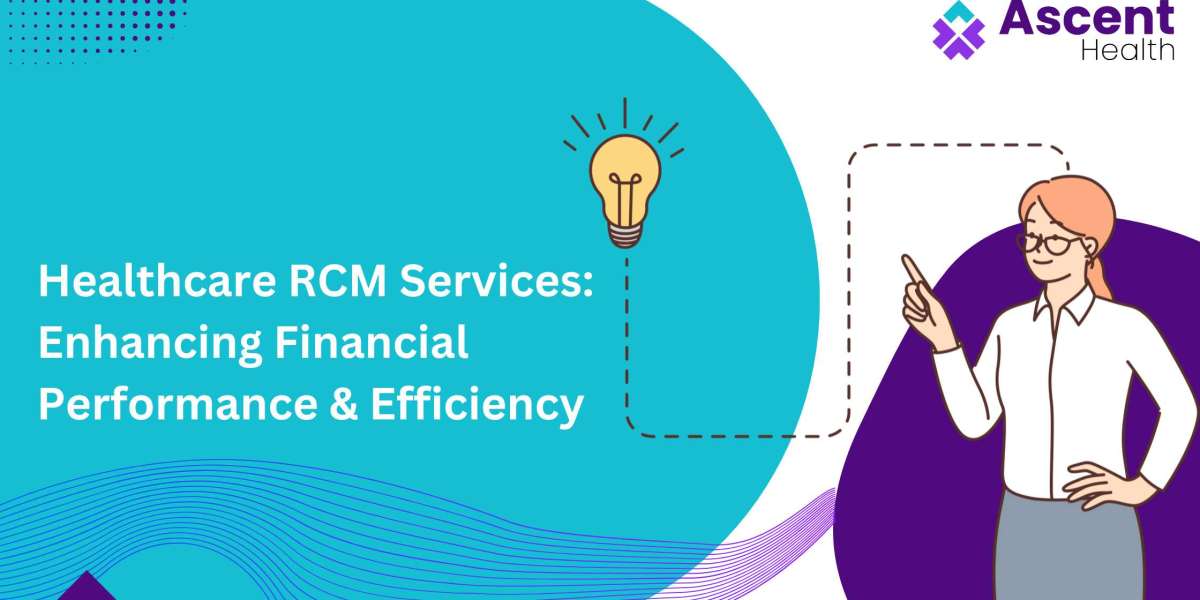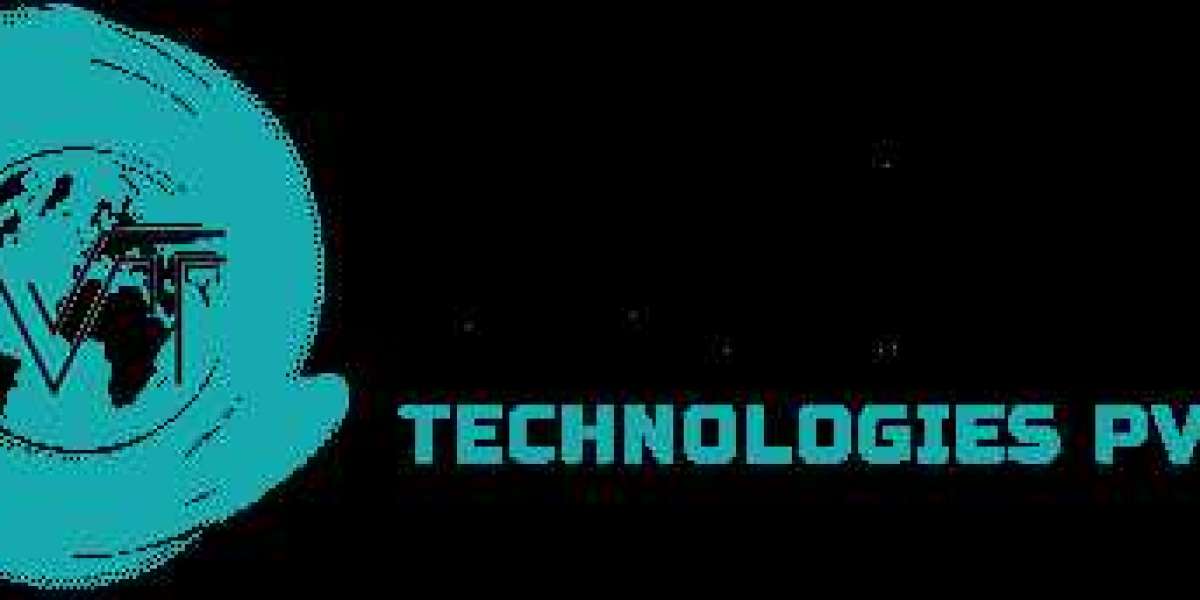In today's rapidly evolving healthcare landscape, Revenue Cycle Management (RCM) plays a critical role in ensuring financial stability and operational efficiency for healthcare providers. From patient registration to final payment collection, every step in the revenue cycle determines how effectively healthcare organizations get reimbursed for services rendered. As healthcare costs continue to rise and reimbursement models evolve, the need for efficient RCM processes has never been greater.
What is Healthcare RCM?
Revenue Cycle Management (RCM) is the financial process that healthcare organizations use to track patient care episodes from registration and appointment scheduling to the final payment of a balance. The RCM process integrates various administrative and clinical functions, including patient eligibility verification, medical coding, claims submission, denial management, and payment posting.
Effective RCM ensures that providers receive timely payments while reducing claim denials and administrative inefficiencies. By leveraging technology, automation, and best practices, healthcare organizations can optimize revenue collection and improve patient financial experiences.
Key Components of RCM
Patient Registration Eligibility Verification
Accurate patient data collection is the foundation of an effective RCM process. Verifying insurance eligibility and benefits coverage before service delivery helps prevent claim denials and payment delays.Medical Coding Charge Capture
Proper medical coding ensures that services rendered are appropriately documented and billed. Incorrect or incomplete coding can lead to claim rejections and revenue loss.Claims Submission Processing
Submitting clean claims to payers increases the likelihood of timely reimbursement. Automated claims management systems help reduce errors and expedite the process.Denial Management Appeals
A robust denial management strategy is essential to recover lost revenue. Identifying common denial trends and taking corrective actions can significantly improve cash flow.Payment Posting Reconciliation
Efficient payment posting ensures accurate tracking of payments received from payers and patients. Reconciliation processes help detect underpayments and errors.Patient Billing Collections
Clear and transparent patient billing enhances the patient experience. Implementing digital payment options and flexible payment plans can improve collection rates.
Challenges in Healthcare RCM
Healthcare providers face numerous challenges in revenue cycle management, including:
Complex Regulatory Environment: Frequent changes in payer policies and government regulations make compliance challenging.
High Claim Denial Rates: Administrative errors, incomplete documentation, and coding issues contribute to claim denials.
Rising Patient Financial Responsibility: With the shift toward high-deductible health plans, patients are responsible for a larger portion of their medical bills.
Lack of Integration: Disjointed systems and manual processes hinder efficiency and lead to revenue leakage.
The Future of RCM: Technology Innovation
The future of healthcare RCM is driven by digital transformation and automation. Artificial intelligence (AI), machine learning (ML), and robotic process automation (RPA) are revolutionizing RCM by improving accuracy, reducing manual efforts, and accelerating payment cycles. Predictive analytics is also helping providers identify potential claim issues before submission, reducing denials and optimizing revenue collection.
Additionally, patient-centric RCM solutions focus on improving financial transparency and engagement. Tools like online payment portals, cost estimators, and AI-driven chatbots enhance the patient financial experience and drive better outcomes for providers.
Conclusion
Effective Revenue Cycle Management is essential for the financial health of healthcare organizations. By streamlining processes, leveraging technology, and focusing on patient financial engagement, providers can enhance revenue capture and operational efficiency. As the industry continues to evolve, embracing innovative RCM solutions will be key to overcoming challenges and ensuring long-term success.







